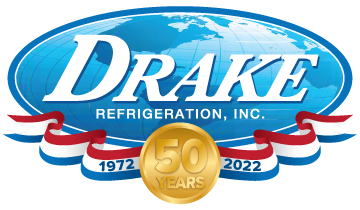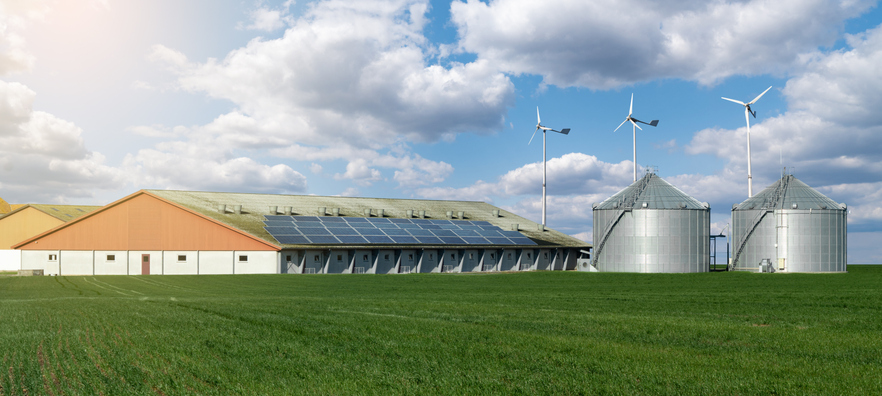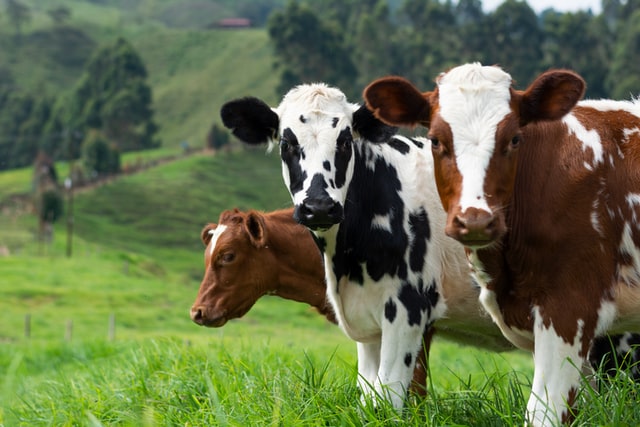
Industrial dairy chillers are essential for efficient milk processing as well as lowering your processing costs. Their primary roles are to remove heat during the pasteurization process and maintain milk at a cold precise temperature required to preserve quality, ensure food safety, and increase shelf life. If you’re considering an industrial-grade dairy chiller for your farm operation, you may be interested in understanding how a chiller operates before investing your hard-earned cash.
In this post, we’ll break down everything you need to know about how a glycol-water industrial dairy chiller works to enhance production – and profits to your bottom line.



